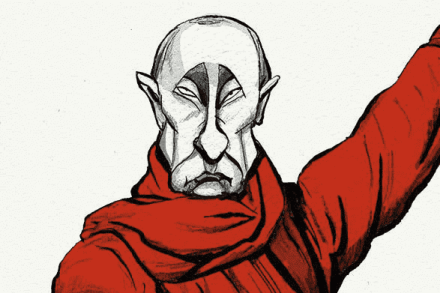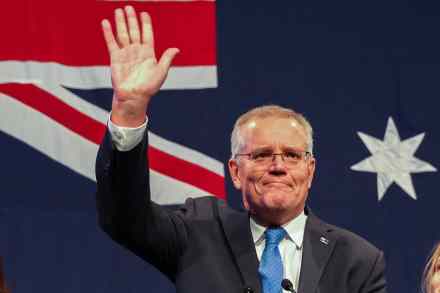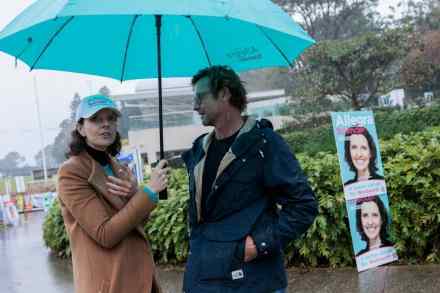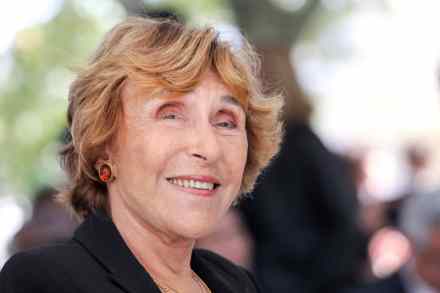Is Ukraine going to win?
The climactic battle for Ukraine is being fought in the east, on the dangerous, open terrain of the Donbas. Since it will be won with heavy, long-range firepower, Russia ought to have a huge advantage. After all, it has spent decades building a military meant to overwhelm its enemies with vast numbers of tanks, troops and artillery, fighting on terrain just like this. But even in these favourable conditions, Moscow’s plans aren’t working out. The Ukrainians may lack superior numbers, but they could very well win back most of the territory Russia has occupied since 2014. The Ukrainian edge? Their mobile forces, determined fighters, smart leadership, superior intelligence and targeting,





















